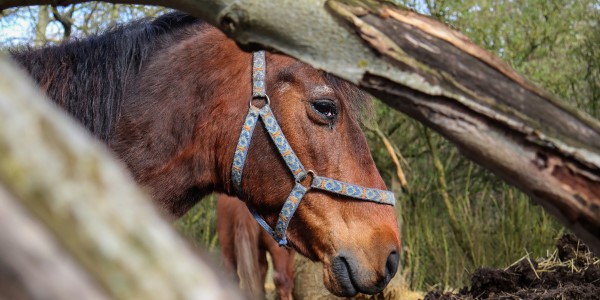There is a historical significance of horses in shaping Colorado’s history, particularly in the realms of mining and ranching. During the late 19th and early 20th centuries, horses were indispensable in Colorado’s mining industry. They served as essential companions to miners and haulers alike. These sturdy animals were crucial for transporting ore and supplies through rugged terrain inaccessible to early automobiles. They facilitated the extraction of precious minerals. They also contributed to the growth of mining towns and the establishment of transportation networks. Also, if you are looking for a horse property for sale in Colorado, contact Colorado Horse Property today and speak with one of our horse-person realtors.
The Historical Significance of Horses in Colorado
In ranching, horses were equally vital, serving as working partners in cattle drives across Colorado’s expansive ranch lands. From the early days of cattle ranching in the 1800s to modern operations, horses have been integral to managing livestock. They also helped in herding cattle, and maintaining the vast stretches of pastureland that define Colorado’s ranching heritage. Ranchers relied on horses for their agility and endurance. These were essential qualities for navigating the diverse landscapes from the plains to the foothills and high mountain valleys.
Beyond their practical roles, horses have held cultural significance in Colorado, embodying the spirit of independence and frontier life that characterized the state’s early settlers. They were symbols of strength and resilience, embodying the spirit of the West that continues to resonate through Colorado’s cowboy culture and rodeo traditions. Today, while mechanization has changed many aspects of mining and ranching, horses remain cherished companions for recreation, sport, and preserving the historical legacy that defines Colorado’s equestrian heritage.

